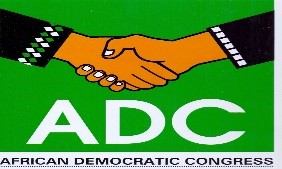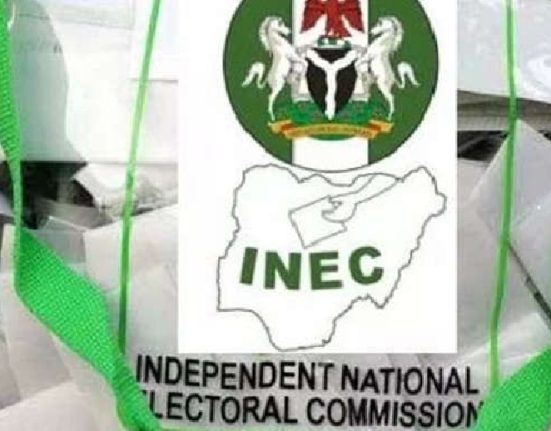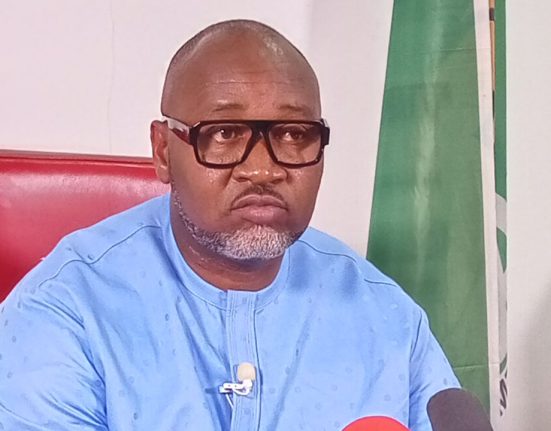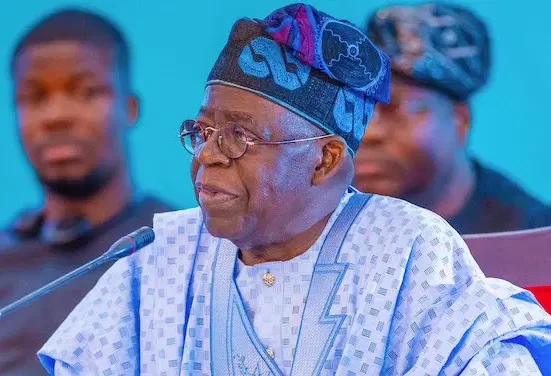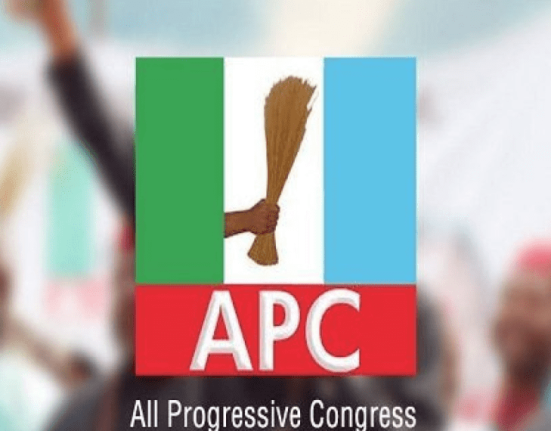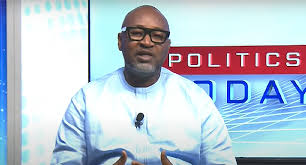The African Democratic Congress (ADC) is witnessing internal divisions following reports that former Vice President Atiku Abubakar and Labour Party’s 2023 presidential candidate, Peter Obi, have adopted the party as their platform to challenge President Bola Tinubu in the 2027 general elections. This move has sparked a tug-of-war between existing ADC leaders and incoming coalition members.
Insiders reveal that the ADC recently amended its constitution to grant equal rights and privileges to new entrants, a strategic move believed to accommodate prominent defectors expected to join the party ahead of the coalition. However, this amendment has not gone down well with some state officials, many of whom are resisting relinquishing their leadership roles to the newcomers.
While some state executives have shown willingness to step aside for the sake of unity, others remain firm on retaining their positions, highlighting a brewing power struggle within the party.
Founded in 2005, the ADC had remained relatively obscure in Nigeria’s political landscape until recent talks about forming a coalition to challenge the ruling All Progressives Congress (APC) ahead of 2027 thrust it into the limelight. The party, however, still struggles with weak national structures and limited reach, especially in the South-South and South-East regions, as correspondents found it difficult to contact party officials in those areas.
Despite its limited footprint, the ADC has scored some electoral victories, securing at least three National Assembly seats in the 2019 general elections and winning two seats in the Oyo State House of Assembly. These modest gains likely influenced coalition leaders’ decision to back the ADC, particularly after concerns arose about President Tinubu’s sway within the Social Democratic Party (SDP), which was initially considered for the coalition’s platform.
The SDP, through its National Secretary Olu Agunloye, had publicly ruled out any mergers or external takeovers, leaving the coalition leaders to settle on the ADC. Soon after, ADC National Chairman Ralph Nwosu announced the party’s readiness to serve as the coalition’s vehicle for the 2027 elections, and shortly afterward, the coalition officially declared ADC as their platform.
Reactions among ADC officials have been mixed. Some welcomed the coalition, praising it as a necessary step to unseat the APC, while others expressed apprehension about leadership restructuring. Certain state executives are prepared to give up their roles to accommodate the coalition’s power blocs, but some remain reluctant.
Dr. Femi Soluade, the Ogun State ADC Chairman, affirmed that the party was undergoing a “realignment and repositioning” to incorporate the interests of the six blocs forming the coalition. He emphasized that while the ADC remains the senior partner, leadership positions at regional and state levels are being adjusted to accommodate new members.
In Rivers State, Lawrence Egbagiri, the ADC Chairman, voiced readiness to step down for the coalition’s sake, stating, “For the sake of the country, we are willing to relinquish our offices, and the party is glad about it.” Similar sentiments were echoed by Niger State’s Musa Hassan and Bauchi State’s Hassan Haruna, who pledged to abide by decisions from the national leadership regarding office allocations.
Kano State Chairman Musa Ungogo highlighted the party’s symbol—a handshake—to underscore the spirit of unity and inclusion, acknowledging the need to welcome “people of high calibre” into the ADC. Kaduna State’s Ahmed Tijjani and Kebbi State’s Hauwa’u Muhammed also expressed willingness to yield positions if directed by the national body, viewing such moves as crucial to the party’s growth.
Deputy National Chairman Nafiu Bala confirmed that state executives had collectively agreed to step aside to facilitate party renewal and progress.
However, resistance remains in some quarters. Osun State ADC Chairman Charles Omidiji rejected the idea that defectors would automatically displace the current leadership. While open to negotiations and sharing positions, Omidiji insisted that the existing executives must not be entirely pushed out.
He stated, “Why would anyone come into the party and displace us? It is us who will receive the defectors. We can negotiate a give-and-take arrangement, but no single group should take all the positions.”
Similarly, Plateau State Chairman Sabiu Musa maintained that the party was not prepared to hold immediate congresses to replace current leaders with newcomers. He encouraged new entrants to contest for positions in the next scheduled congress, assuring that “our doors are open” for fresh members.
The unfolding struggle within the ADC highlights the challenges of managing coalition politics ahead of a crucial election. As the party navigates internal realignments, the success of the anti-Tinubu coalition may hinge on the ability of all factions to reconcile and present a united front in 2027.

